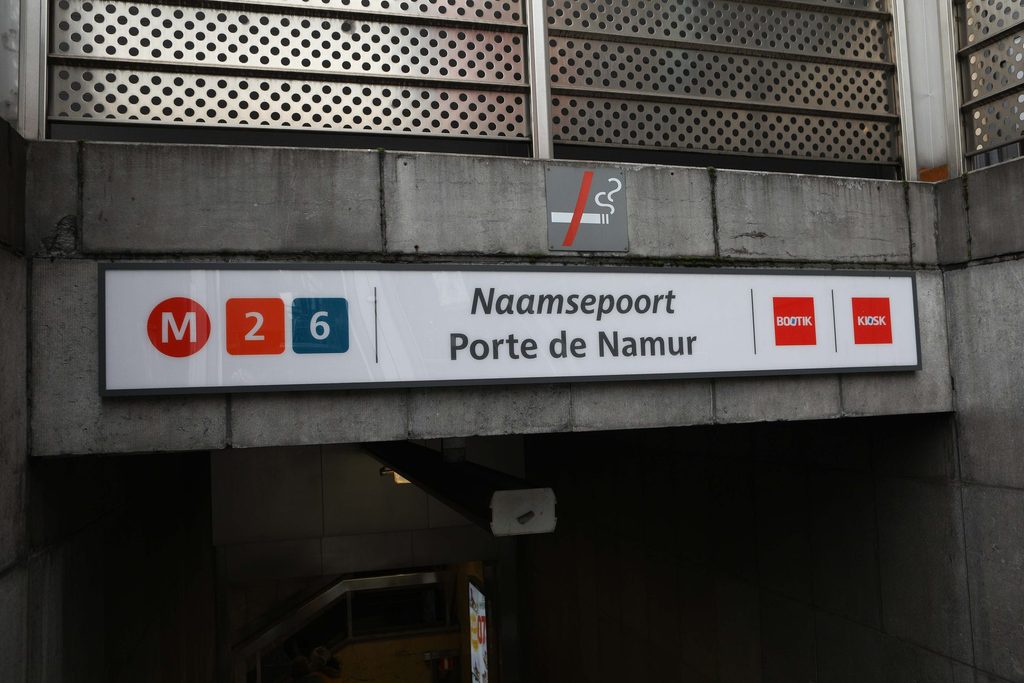A pilot project is currently taking place at Brussels’ Porte de Namur metro station in an attempt to tackle the consumption of crack cocaine among the capital’s homeless population.
The initiative was launched after the region’s public transport operator STIB received 1,200 reports of overt drug use in its metro stations between January and October 2022 – 70% more than in the previous year.
Crack cocaine has proven to be the most common drug, with no less than three-quarters of drug users in Brussels taking the substance according to regional MP Aurélie Czekalski. The drug is said to have gained particular popularity among those sleeping rough in the capital as it can be bought for €5 to €10.
The Brussels government decided to tackle the ongoing issue late last year, agreeing to set up the SubLink project alongside various non-profits which help homeless people facing addiction issues. “The idea is to provide structural assistance by drawing on the expertise and resources of the partners involved for the first time in a joint project,” Brussels’ Minister-President Rudi Vervoort told La Capitale.
Related News
- 350 jerry cans of drug waste found in stream on Belgian-Dutch border
- Cocaine worth €34 million seized on ship bound for Antwerp
- Schizophrenia in young men often due to 'problematic' cannabis use
STIB is also supporting the project and identified the Porte de Namur metro stop in the municipality of Ixelles as an ideal site to launch the project. Vervoort explained that this is due to “the number and diversity of homeless people who are present (in the station) both during the day and at night.”
The pilot project is already underway with various proposals already carried out. These include regular meetings being held between all parties present at the station, and the creation of a Single Person of Contact tasked with mediating between social services and those working in the station.
The SubLink project will push for more places to be made available to the homeless, in particular a specific centre to be established for those suffering from addiction issues.
If the results of the pilot project are successful, the Minister-President believes that the measures will be rolled-out in other stations across the Belgian capital.

